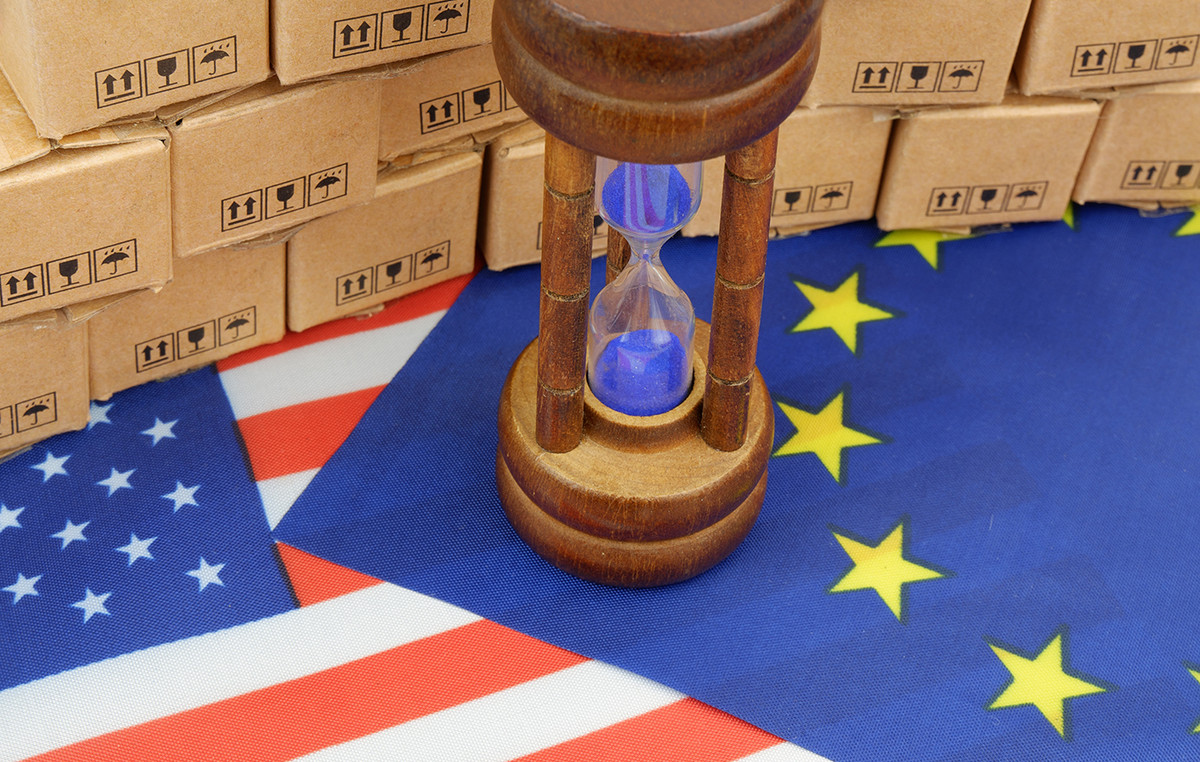Oil prices fell sharply on Wednesday, deepening a sell-off that has already brought relief to motorists at the gas pump.
US crude was down 5.1% to $82.41 a barrel in recent trading. This is the lowest intraday price since January 24. US crude has fallen by more than a third since briefly hitting $130 a barrel in early March.
Brent crude, the world benchmark, fell below $90 a barrel for the first time since Feb. 8. Brent recently dropped 4.6% to $88.55 a barrel.
The sale comes just days after OPEC and its allies, collectively known as OPEC+, reversed course by cutting output to support prices.
Analysts cited a number of factors behind Wednesday’s losses, including concerns over the health of the world economy and the soaring US dollar. A stronger US dollar tends to weaken demand for oil abroad.
“High prices are already starting to take a toll on the European economy, and fears of contagion are causing a sharp sell-off in oil prices today,” said Matt Smith, lead oil analyst for the Americas at Kpler.
The good news is that falling oil prices should continue to drive down consumer prices at the gas pump.
Since hitting $5.02 a gallon on June 14, the national average for regular gas has dropped 85 straight days. A gallon of regular is now worth $3.76, down 31 cents from last month, according to the AAA. There are now 15 states averaging $3.50 or less, including North Carolina, Iowa and Florida.
Tom Kloza, global head of energy analysis at the Oil Price Information Service, is skeptical that the slump in energy prices will continue — especially given recent threats from Russian President Vladimir Putin and other Kremlin officials who said they could. retaliate against the West by cutting energy exports.
“Putin has indicated he will do crazy things,” Kloza said. “This is an interlude, a buying opportunity. There is a false sense of security.”
Responding to the oil price ceiling announced by the G7 for Russian oil, Putin said his country could reduce exports to zero.
“We will not provide anything if it is contrary to our interests, in this case economic,” Putin said on Wednesday. “No gas, no oil, no heating oil – we will not provide anything.”
Another risk is that oil prices will fall to levels that force OPEC+ to respond more forcefully, aggressively controlling output after Monday’s small production cut.
“The OPEC+ move was a not-so-veiled threat that they are ready to defend prices,” Kloza said. “We are getting to numbers where the Saudis, the Emirates and the Kuwaiti would be willing to reduce production.”
Source: CNN Brasil
Joe Jameson, a technology journalist with over 2 years of experience, writes for top online news websites. Specializing in the field of technology, Joe provides insights into the latest advancements in the industry. Currently, he contributes to covering the world stock market.







